Filipinos in Netherlands grapple with impact of COVID-19 as Dutch government close down schools, restaurants
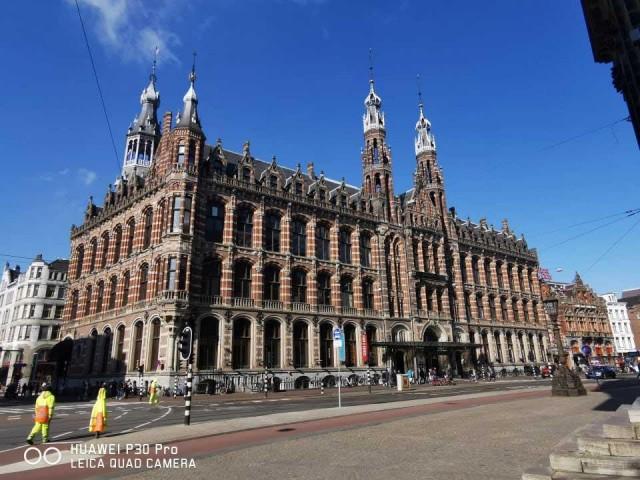
Beginning Monday (March 16), the Dutch government has imposed to close all schools, including daycare centers, bars and restaurant, and sportscenters to prevent the spread of the COVID-19 virus.
This is the latest and most drastic measure the Dutch government has issued as the numbers of COVID-19 positive patients rise to 1,135 and as the death toll reached 20. These rules will take effect until April 6, 2020.
The first case of COVID-19 was detected on February 27 and numbers have spiked since then. Earlier measures include advisories by the government to avoid crowded areas, keep a distance of 1.5 meters from each other and cancel events of more than 100 people.
The government has been adamant that schools remain open so parents working in critical jobs such as in healthcare, public transport or food chain can continue with their jobs, but this decision has been criticized by many, including school groups and health experts.
Supplies run out in some supermarkets as panic sinks in
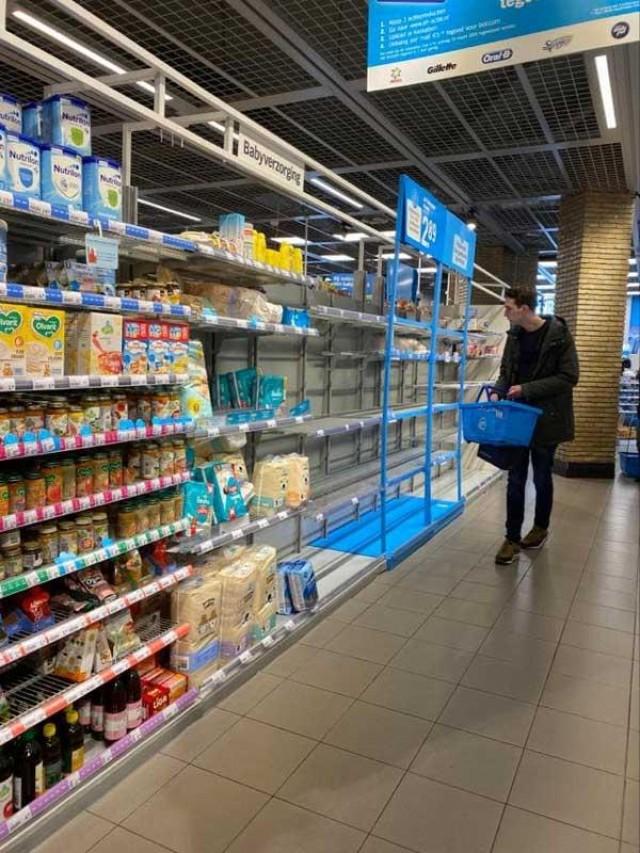
Supermarkets will remain open, but as early as Friday residents have started stocking up on some basic food supplies, toiletries and medicine.
Some Filipinos who live in the Netherlands find themselves in a tight fix as some supplies have already run out in the supermarket. Some of the items that are most in demand were fresh produce, pasta, flour, toilet paper and bread.
“In our grocery store, we are only allowed to buy two pieces of bread at a time. I think they were rationing the supplies because bread is usually the first to run out,” Carlos Lorenzo, a resident in Utrecht, said.
Basic necessities such as rice and perishable goods are some of the priorities of Deeyan Pascual, a resident of Amsterdam. “My employer told me to stock up on food supplies as early as two weeks ago. We have enough food for now, mostly canned goods, noodles, rice and pasta,” she said.
Hoarding has been strongly condemned by Dutch Prime Minister Mark Rutte, and assured the Dutch population that “We have enough.”
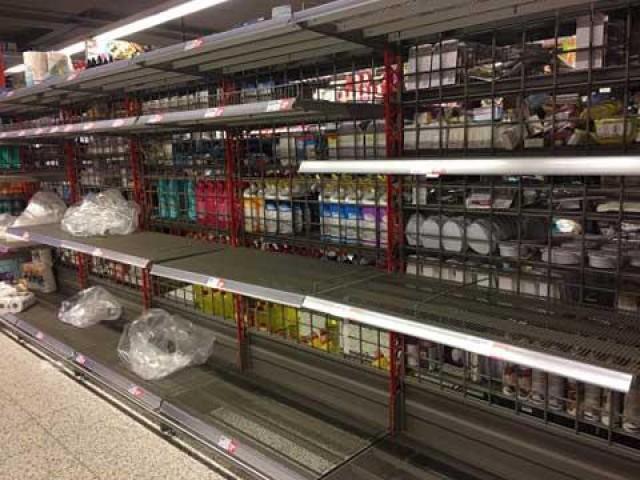
Amsterdam tourism suffers amid crisis
Carmela Inguito, a Filipino nurse based in Germany, arrived in Amsterdam as a tourist. Inguito now thinks of cutting her trip short as the Netherlands shut down some tourist areas.
“We were caught in a very unfortunate time. We hoped to see some tourist spots here but Amsterdam feels like a ghost town amidst the pandemic. We are supposed to leave on Tuesday but we may have to fly back earlier,” she said.
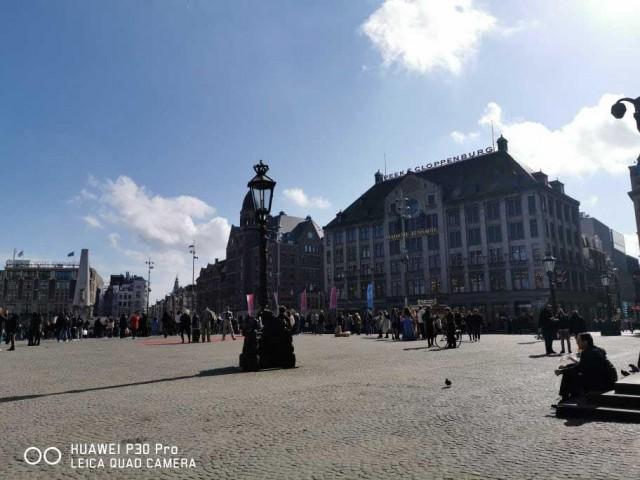
Amsterdam, usually a bustling city filled with tourists and residents, appears to be less crowded in the recent days. Train stations are also less busy. The hospitality sector association KHN reports that cancellations have risen by 48%, according to a survey of almost 4,000 of its members. Some galleries like the Van Gogh museum are closed.
Online classes encouraged
Faustine Angeles, a Filipino refugee based in The Hague, is now on home quarantine as classes at Leiden University were suspended until March 31. Some classes are held online.
“For now, all I can do is to study on my own and trust the government that it is doing its best to prevent any further cases. Home isolation is an effective way to prevent infected people from transmitting the virus. They will only be brought to hospital if it’s really needed,” he said.
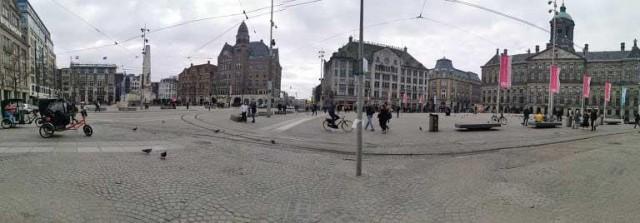
Angeles, who is also HIV-positive, also sought advice from the doctor as soon as the pandemic broke out.
“As a person living with HIV, I was told by my doctor that there's nothing to be scared of because I have undetectable viral load, which means my immune system is strong. This virus should not be causing so much panic with proper knowledge and proper hygiene,” he said.
On March 16, the Dutch Prime Minister will also deliver a nationwide speech addressed to the public at 7 PM CET. — LA, GMA News



